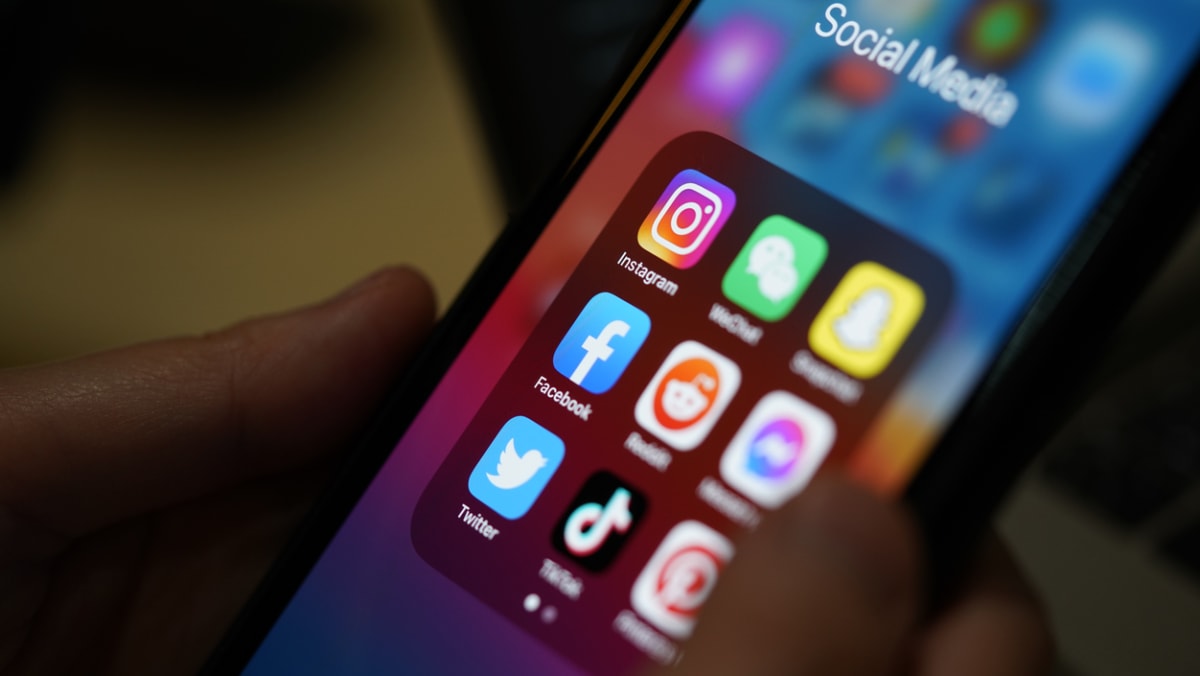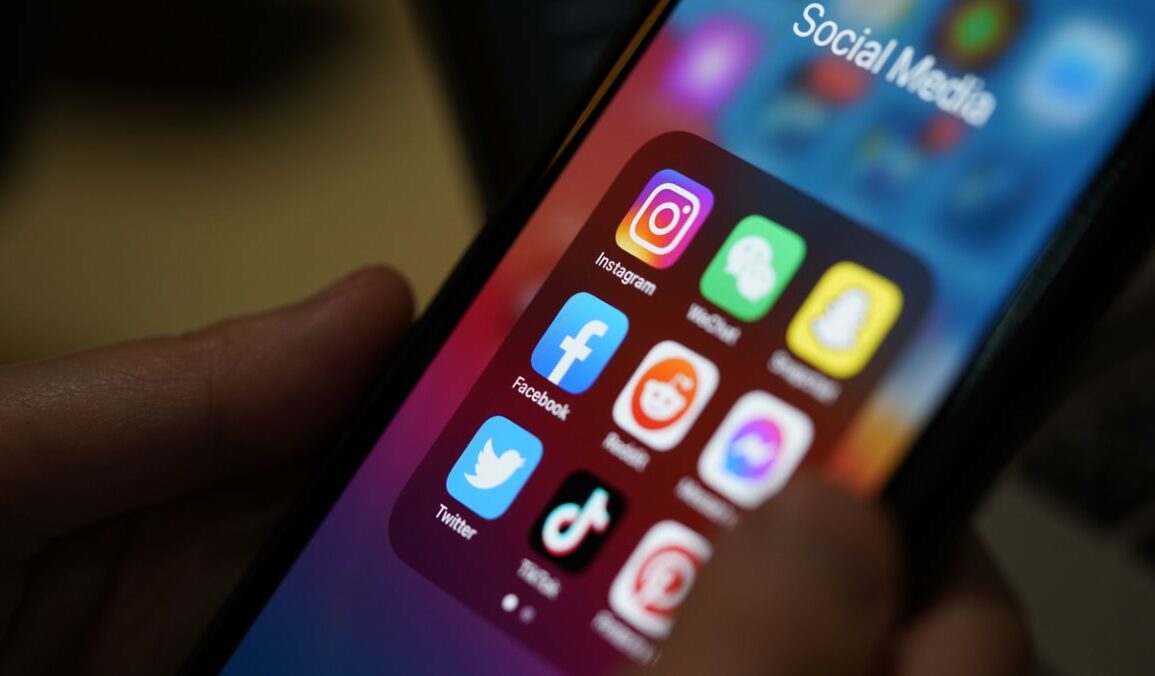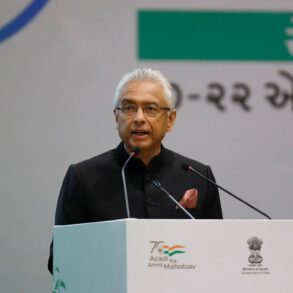
KEY FINDINGS
According to the study’s results, anxiety was the most common mental health problem among Singapore’s young people, with about 27 per cent of youths reported having severe or extremely severe symptoms in the week prior to the survey.
Symptoms of anxiety include feeling worried, tense and restless most of the time.
About 1 in 7 youths reported having severe or extremely severe symptoms of depression, which included feeling sad, empty and a lack of interest and pleasure in activities most of the time.
Severe to extremely severe levels of stress were reported by 12.9 per cent of youths in Singapore. Symptoms of this include being unable to relax or feeling upset or irritable most of the time.
About 27 per cent of youths were also found to use social media excessively.
Those who did so were 1.5, 1.3 and 1.6 times more likely to have had severe or extremely severe symptoms of depression, anxiety and stress, respectively, said IMH and NHG.
Young people with moderate to severe body image concerns were 4.9, 4.3, and 4.5 times more likely to have experienced severe or extremely severe symptoms of depression, anxiety and stress, respectively.
Victims of cyberbullying were approximately twice as likely to struggle with symptoms of these mental health issues.
Associate Professor Swapna Verma, chairman of the medical board at IMH, pointed out that though not all individuals with symptoms of depression or anxiety have a clinical condition, being in such states for a prolonged period of time can be detrimental to their well-being.
“Young people today are grappling with unique issues that previous generations did not,” she said.
“Social media exposes them to constant comparisons, intensifying concerns about body image. The anonymity of the online world has also given rise to cyberbullying, which adds a new dimension of harassment that can be relentless and far-reaching.”
Associate Professor Mythily Subramaniam, assistant chairman of the medical board (research) at IMH, said the three associated factors could be linked to each other.
“The time young people spend on social media could also be related to cyberbullying and the two may either independently or together cause body shape concerns,” he said.
“Our study, like many others, shows that excessive social media use is a public health concern and has tremendous impact on youth mental health.
“It is important that young people, parents, educators pay attention to these issues, recognise signs of distress early and develop healthy boundaries.”
Providing more support to youths on the proper use of social media could help reduce its harmful impact on young people.
Interventions such as mental health education and peer support programmes can help improve resilience, self-esteem and social support, which the study found are factors associated with a lower likelihood of mental health symptoms among youths.








